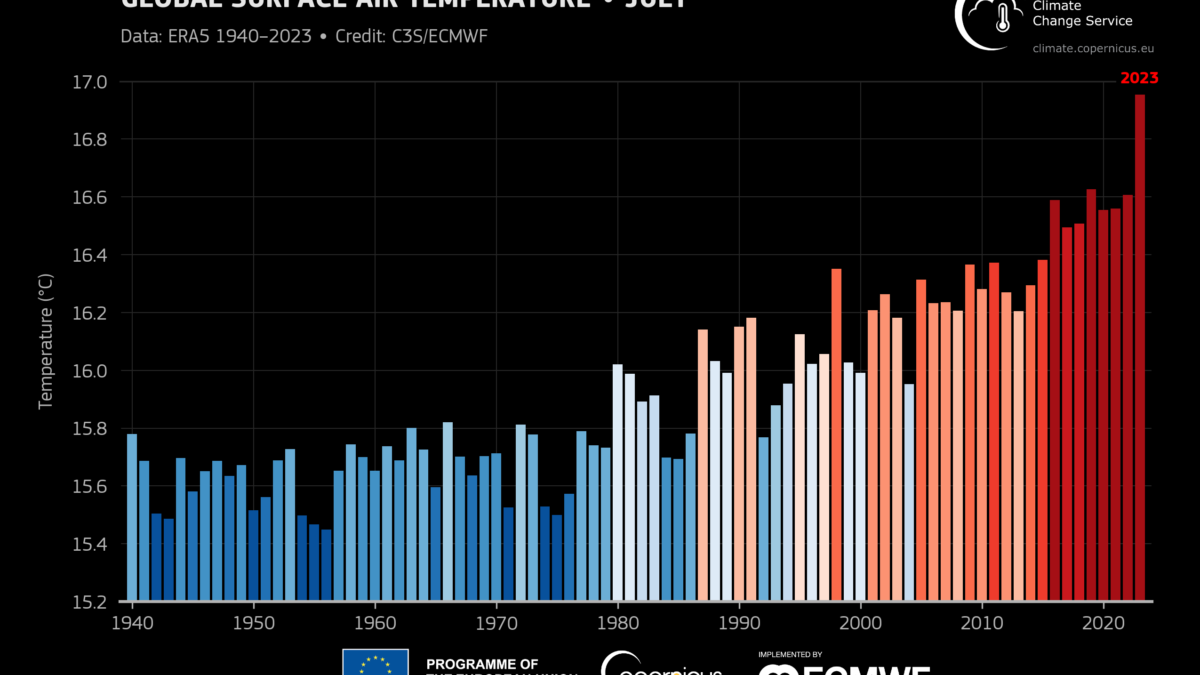The last best place no more: Massive deforestation destroying prime chimp habitat in Uganda
By Benon Herbert Oluka
9 July 2014 (mongabay.com) – Uganda’s Kafu River, which is about 180 kilometers (110 miles) long, is part of a vast chimpanzee habitat that includes Budongo and Bugoma Forest Reserves, as well as several unofficial protected areas. However, this region is losing a significant portion of valuable chimpanzee habitat, with Global Forest Watch data showing at least 20 percent of the forest cover along the Kafu River in western Uganda has disappeared since 2001. The region as a whole accommodates at least 5,000 endangered eastern chimpanzees (Pan troglodytes schweinfurthii), with about 600 inhabiting the River Kafu basin. According to the deputy director for conservation at the Uganda Wildlife Authority, Charles Tumwesigye, the loss of forest cover along its basin is largely due to population pressure on the land. He said a significant amount of forested land in this region has been cleared by migrant communities from southwest Uganda. “A lot of migrants have come from the southwest and they just clear forests for agriculture,” Tumwesigye said. “People easily move there because they say it is free land. That is causing a huge problem.” Additionally, according to Tumwesigye, much of the land along the Kafu River is privately owned. That amount of control allows locals to fell trees whenever population pressures compel them to clear more land for cultivation. However, humans aren’t the only apes that live in the basin and depend on its forests. “Chimps have been there from time immemorial but because of pressure from the increasing human population, people are cutting all the forests to create land for cultivation and settlement,” he explains. […] Matthew McLennan of Oxford Brookes University in the United Kingdom, who has studied western Uganda forests, lamented “the extent of recent, ongoing and seemingly unregulated forest clearance” in the area. “All forest was highly degraded,” he writes in a report describing the region. “Along the Rwamatonga, Hoima, and Waki rivers forest was being burnt and cleared completely by farmers planting cash crops such as tobacco and rice, exposing wide stretches of riverbank. Men engaged in pit-sawing, charcoal production and distilling were encountered inside the forest throughout the survey area.” [more]
The last best place no more: massive deforestation destroying prime chimp habitat in Uganda

